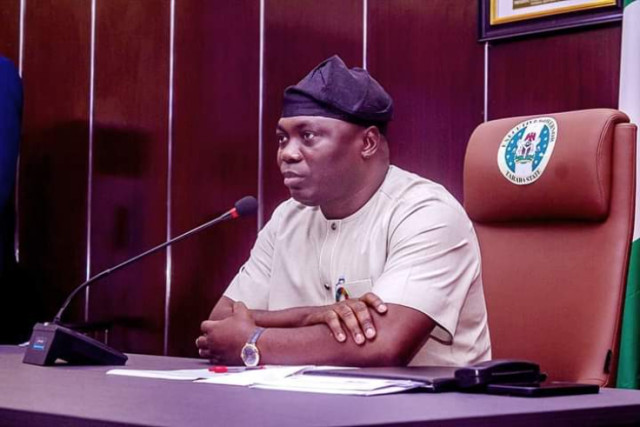In a bid to check unemployment and improve infrastructure in the state, the Taraba State Governor, Dr Agbu Kefas, on Tuesday, organised the training of youths for the newly acquired 54 hydraform block making machines.
The training a flag-off of the Taraba Young Professionals Scheme held at the Government Primary School, Jouro Yinu, in Arodo-Kola Local Government Area, near Jalingo, Kefas said the initiative would aid rebuilding school infrastructure and boost stride toward youth empowerment and infrastructural development.
He added that the move will not only revolutionise the state’s construction sector but also provide the vital skills to young people, even as he insisted that the project was a fulfilment of his administration’s commitment to good governance and quality education.
Governor Kefas said, “This flag off of the training of Taraba youths on the use of newly acquired 54 hydroform block-making machines marks a pivotal step in transforming the way buildings, particularly schools, are constructed in the state.
“The hydroform machines, imported from Hydroform International in South Africa, are state-of-the-art equipment designed to produce durable blocks through eco-friendly and cost-effective methods.
“These blocks will be used to construct modern, well-equipped schools across all 16 Local Government Areas of Taraba State.
“This project is not just about constructing buildings; it’s about laying the foundation for the future of Taraba.
“We are providing an opportunity for our youth to acquire skills that will open up new career opportunities while contributing to the state’s development,” he said.
Earlier, Mr. Abdulhakeem Huthman, Country Director of Hydroform, commended the state government for its forward-thinking approach, nothing that the Hydroform technology uses only 10 percent cement and interlocking block technology, which reduces the environmental impact of construction and is climate-friendly.
Huthman also projected that the project could generate over N50 billion annually and create thousands of jobs in the state.
“This green technology has the potential to build up to 5,000 new schools annually across the state, significantly boosting education infrastructure while creating economic opportunities for local communities,” Huthman further pointed out.




















